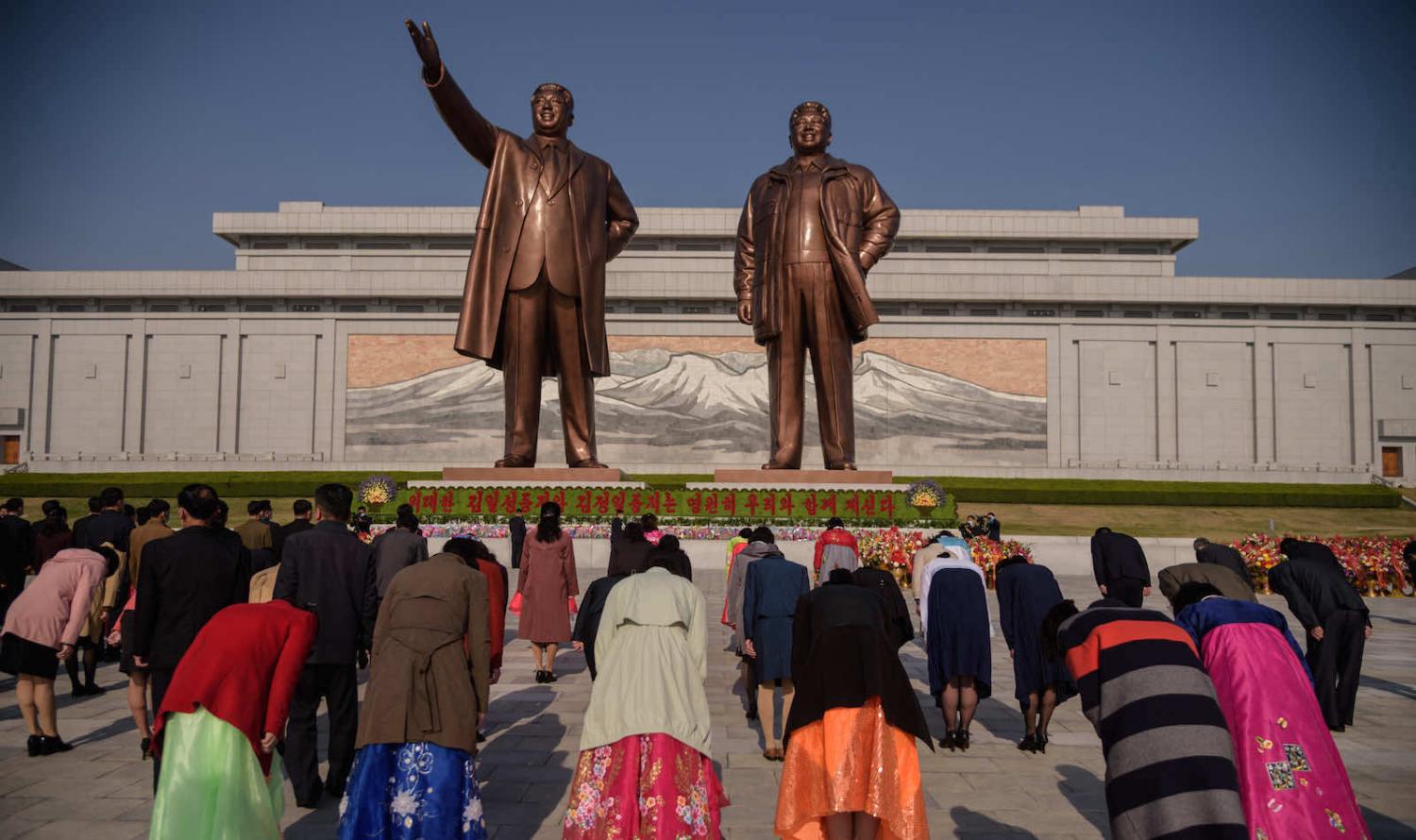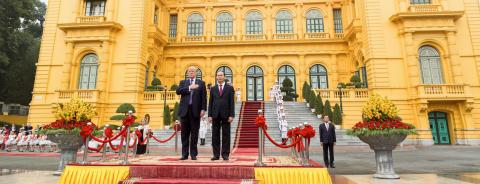For years, North Korea’s human rights situation has been in the spotlight of activists who pile voluminous report upon report, while the North Korean government repeatedly rejects the criticism as political, based on lies or lacking understanding of realities on the ground.
Pyongyang has also continuously claimed that at least some of the alleged human rights violations, ranging from torture to discrimination to starvation, are in fact illegal under its domestic laws. This makes recent signs of a stronger emphasis on a rule by law intriguing. As usual, North Korea itself did not announce these steps, but the changes point in a clear direction.
The term “rule by law” is not in wide use, but it is useful to differentiate efforts by authoritarian states to enforce laws and rights for its citizens from the liberal democratic principle of “rule of law”. Authoritarian leaders do not allow the final supremacy of courts and law over politics. China is a prime example where the fight against corruption and other injustices has been increased, while other domains such as freedom of expression are still dealt with differently. North Korea might now embark on a similar path.
A first hint was given in August 2020, when the ruling Workers’ Party of Korea (WPK) politburo decided to create a new department “safeguarding the dignity and interests of the state and people, reliably supporting and guaranteeing the political stability and order of the society and impregnably defending our class position and socialist construction”. Although heavy with ideological terms, the phrase “interests of the people” has traditionally been used to denote the human rights of North Korean citizens.
The new president of the Central Court was intentionally left at a distance to political power and decision-making, possibly North Korea’s attempt at a limited separation of powers.
While the appointment of a relatively unknown official Kim Hyong Sik was not announced in North Korean media, he has attended every politburo meeting since, despite not having a formal seat in the party body. This underlined the increased importance that the party’s new legal policy is given. The WPK congress held in January this year reappointed Kim Hyong Sik as director, with North Korean media detailing his department for the first time. This department has received surprisingly little attention from international activists and analysts, and not even the UN special rapporteur on North Korea considered this development worth mentioning.
The congress further showed that the judicial system was high on the agenda. The executive presidium elected on its first day included as lowest ranking members the three heads of the judiciary: new minister of social security Ri Yong Gil, the director of the Central Public Prosecutors Office Kim Myong Gil, and the president of the Central Court Kang Yun Sok. The last party congress in 2016 had reserved these slots at the end for officials overseeing the military industry.
The new chief prosecutor U Sang Chol, appointed days later, had apparently served as vice president of the Central Court before his transfer according to Yonhap News. Given the incentives to prosecutors in the country to take bribes, pursue maximum penalties and turn regular offenses into anti-state crimes, the North Korean leadership might have chosen a judge to reign prosecutors in. That top prosecutor was added to the politburo in June.
The most surprising hint at a stronger rule by law in North Korea, however, happened on 29 September. On that day, North Korea’s parliament appointed Cha Myong Nam, about whom nothing was publicly known, as the new president of the Central Court. But it became clear that contrary to usual practice, Cha Myong Nam was neither part of the WPK Central Committee nor the national parliament. Photos showed him without the party pin that members and candidates of the Central Committee are obliged to wear. The parliament did not elect him to the legislation committee like his predecessor, and the accompanying Korean report did not carry the title “deputy” after his name, which is used for those officials without a seat in parliament.
While this might subsequently change, it does look like Cha Myong Nam was intentionally left at a distance to the centres of political power and decision-making, possibly North Korea’s attempt at a limited separation of powers.
There are also hints that police and secret police have been put on a shorter leash. On the day of Cha’s appointment, North Korea’s leader Kim Jong-un was said to have ordered the secret police to reverse the “excessive” surveillance of residents close to the border if they did not show “particular ideological tendencies”. Another untranslated DailyNK report described how days later prosecutors began inspecting pre-trial detention centres. The centres’ cadres were rebuked for allowing overcrowding to a degree that suspects had to sleep sitting up, and were ordered to sharply reduce detainee numbers within a month.
The source cited by DailyNK claimed overcrowding happened due to suspects bribing officials to stay as long as possible as any day in pre-trial detention would count towards a sentence in a much harsher re-education camp. But it is hard to discern the motive behind the inspection.

